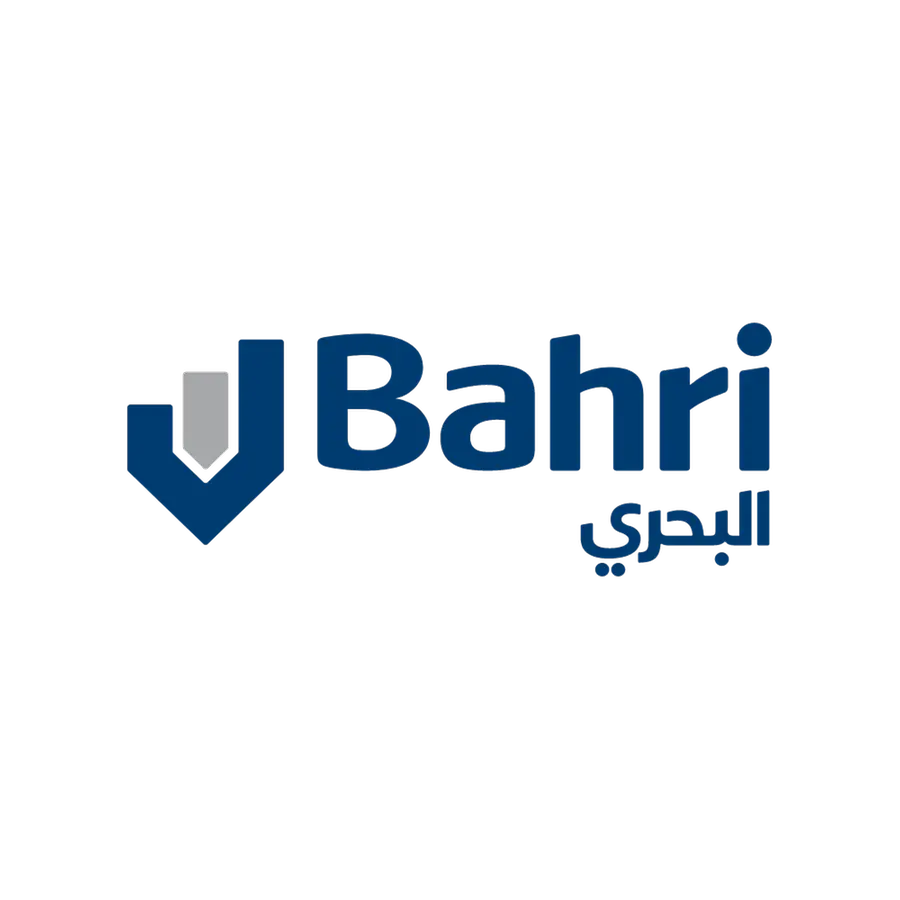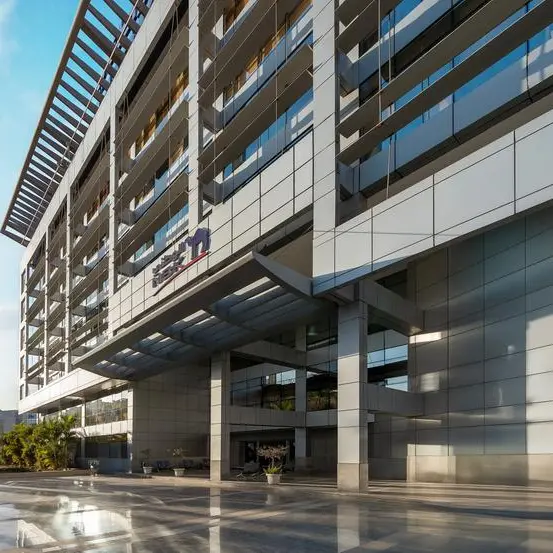Cairo, Egypt - Prime FinTech CEO Mervat Erian announced today that the company, recently launched by Prime Holding to operate in the non-banking financial services sector, has named some highly prominent calibers to its Board of Directors. These members bring unparalleled expertise in their respective fields based on their long and successful careers within Egypt and international markets.
“Following the launch of Prime FinTech, we started operating on the ground. Our first step was to attract a highly professional and prominent set of experts, whose association with Prime FinTech would add true value to our company and help us to achieve our ambitions in the market. Their presence on the board is bound to give us the credibility and support we need to positively contribute to the economic environment in the field of fintech in Egypt,” explains Erian.
Prime FinTech’s board currently includes its Executive Chairman, Shireen Al Kady, also Executive Chairman of Prime Holding as Chairman of the board; FinTech CEO, Mervat Erian; Hisham Hassan, Prime Holding’s Group CFO; in addition to Mohamed Maher, Vice Chairman and Executive CEO of Prime Holding as Vice Chairman of the board.
The board also boasts three independent members with decades of experience in the banking and technology sectors. These members are: Zeinab Hashim, a prominent banker with an extensive career of senior positions at Abu Dhabi Islamic Bank (ADIB), National Bank of Egypt, Attijariwafa Bank Egypt (previously Barclays), in addition to several management positions at Citibank in Egypt, Tunisia, Turkey, Gabon and Jordan.
Halla Sakr, another illustrious name in the banking sector, also joined the board. Sakr’s career spanned a range of leadership positions within Attijariwafa Bank Egypt (previously Barclays), HSBC Egypt, Finrate Financial & General Management Consultants, CIB and Chase Manhattan Overseas Corporation.
Finally, the board also includes Osman Sultan, a pioneer in the field of telecommunication who participated in establishing the mobile communication sector in Egypt through launching Mobinil (now Orange Egypt) in 1998. Sultan also launched Du (Emirates Integrated Telecommunications Company) in Dubai in 2006. His career spanned several senior management positions at Questel SA, and France Telecom Group. He continues to serve on the boards of directors of several telecommunication organizations throughout Europe, Asia and the MENA region.
Erian also explains that Egypt is capable of becoming a fintech hub in Africa and the region in light of the ongoing growth of the fintech sector and the availability of a secure communication infrastructure to support it. It is worth noting that the government with all its relevant institutions are easing all hurdles in order to boost Egypt’s financial inclusion through fostering a digital and cashless society.
-Ends-
© Press Release 2020
Disclaimer: The contents of this press release was provided from an external third party provider. This website is not responsible for, and does not control, such external content. This content is provided on an “as is” and “as available” basis and has not been edited in any way. Neither this website nor our affiliates guarantee the accuracy of or endorse the views or opinions expressed in this press release.
The press release is provided for informational purposes only. The content does not provide tax, legal or investment advice or opinion regarding the suitability, value or profitability of any particular security, portfolio or investment strategy. Neither this website nor our affiliates shall be liable for any errors or inaccuracies in the content, or for any actions taken by you in reliance thereon. You expressly agree that your use of the information within this article is at your sole risk.
To the fullest extent permitted by applicable law, this website, its parent company, its subsidiaries, its affiliates and the respective shareholders, directors, officers, employees, agents, advertisers, content providers and licensors will not be liable (jointly or severally) to you for any direct, indirect, consequential, special, incidental, punitive or exemplary damages, including without limitation, lost profits, lost savings and lost revenues, whether in negligence, tort, contract or any other theory of liability, even if the parties have been advised of the possibility or could have foreseen any such damages.



















